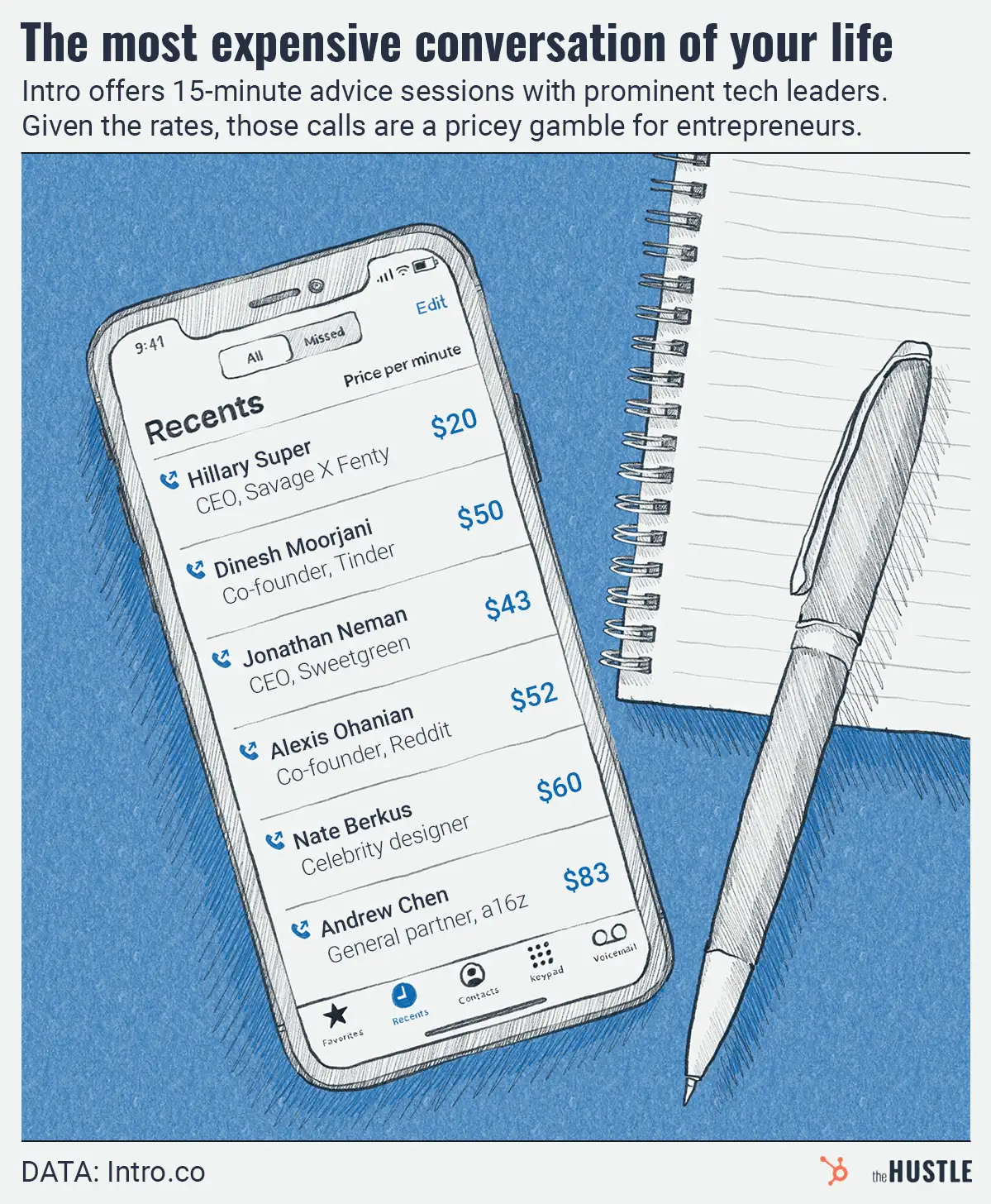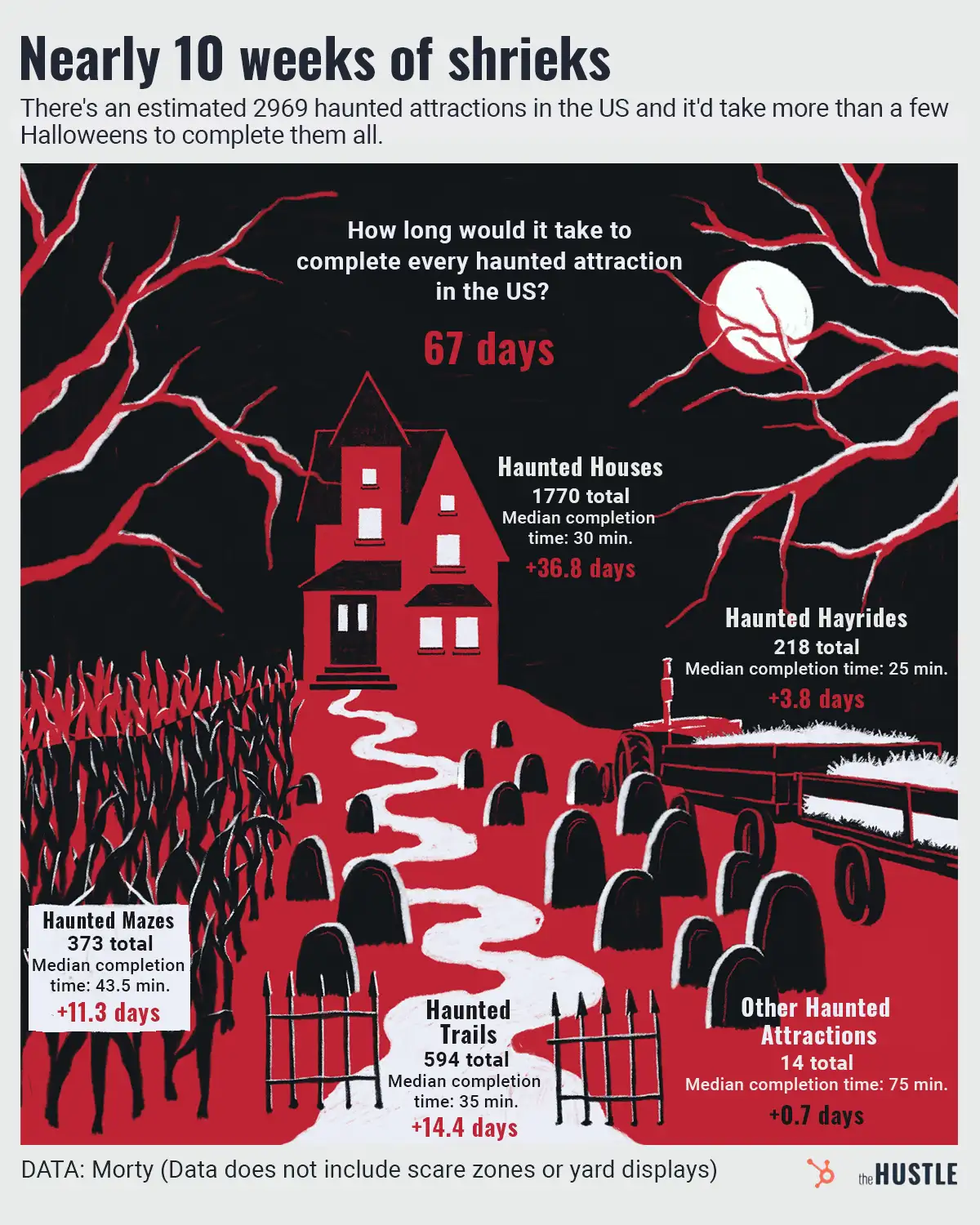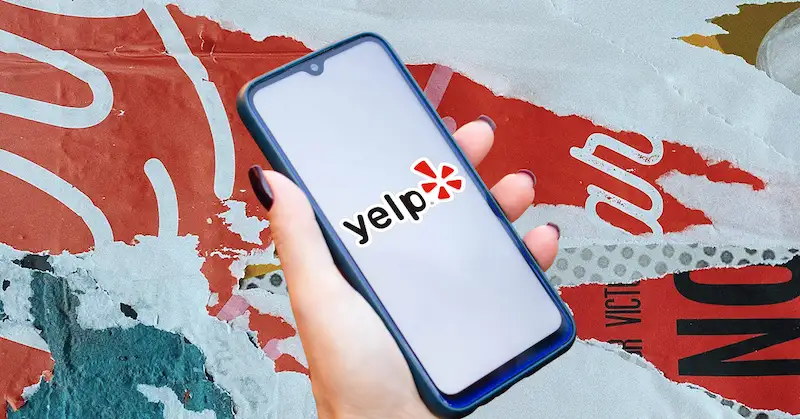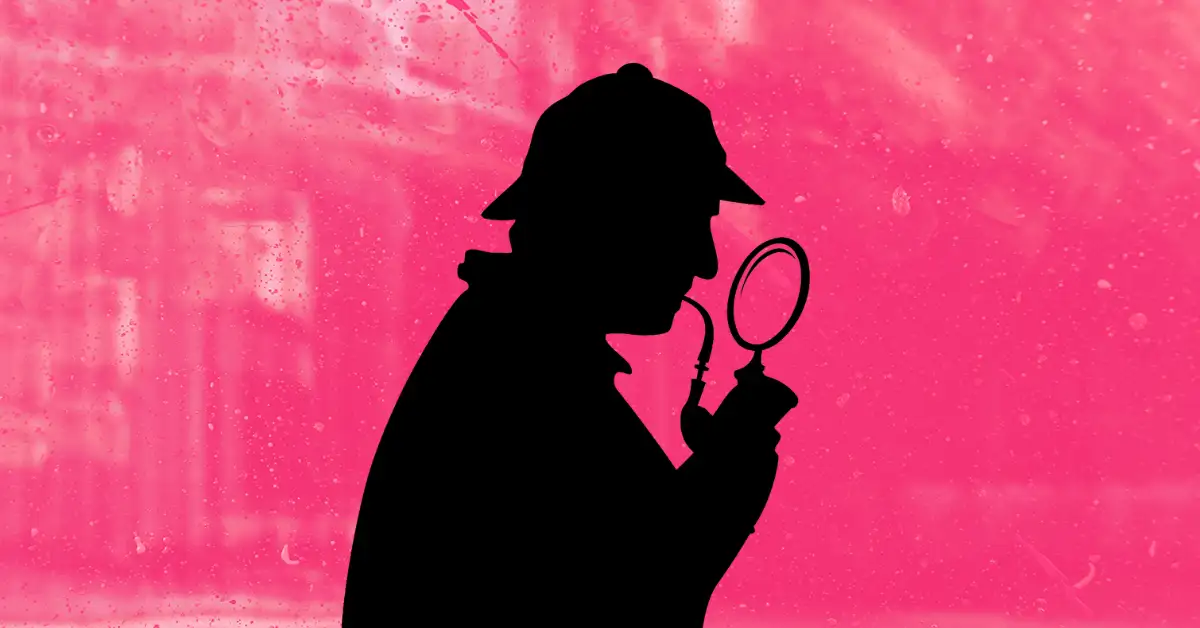If money wasn’t a thing, messaging apps would be living the good life with billions of users and engagement to their hearts’ desires.

But money is a thing, and messaging apps have struggled to make it.
Without revenue streams to fund infrastructure during rapid growth, for example, one app — Telegram — has been issuing debt.
Now its bill is almost due…
… to the tune of ~$700m by the end of April.
The equipment and bandwidth that support Telegram’s 40%+ year-over-year user growth — currently at ~550m people — costs hundreds of millions annually, per CEO Pavel Durov.
Durov, who previously founded VK (Russia’s Facebook) has bankrolled Telegram for much of its history, but now says Telegram is building revenue-generating products.
Exactly what these features are remains to be seen
In a Telegram post, Durov outlined plans for non-targeted ads and premium features, though all current and private chat features will remain free on his platform.
In a messaging sphere where everyone is pretty much offering the same thing, companies are looking to get creative when it comes to keeping the lights on:
- Line offers fun stickers that netted $638m between 2014 and 2019
- Signal operates under a nonprofit foundation that relies on donations
That brings us to the unread message in the room: WhatsApp
Zuckerberg bought the platform — now used by 2B+ people and which at one point had a $1 annual subscription cost — for $19B in 2014.
WhatsApp is now testing monetization features like payments, in-app purchases, and a version for small businesses that counts 50m users.
The recent experiments show Zuck is more eager than ever to make back his 2014 purchase.
We can relate — we too would wish for a nice return on a $19B investment.









